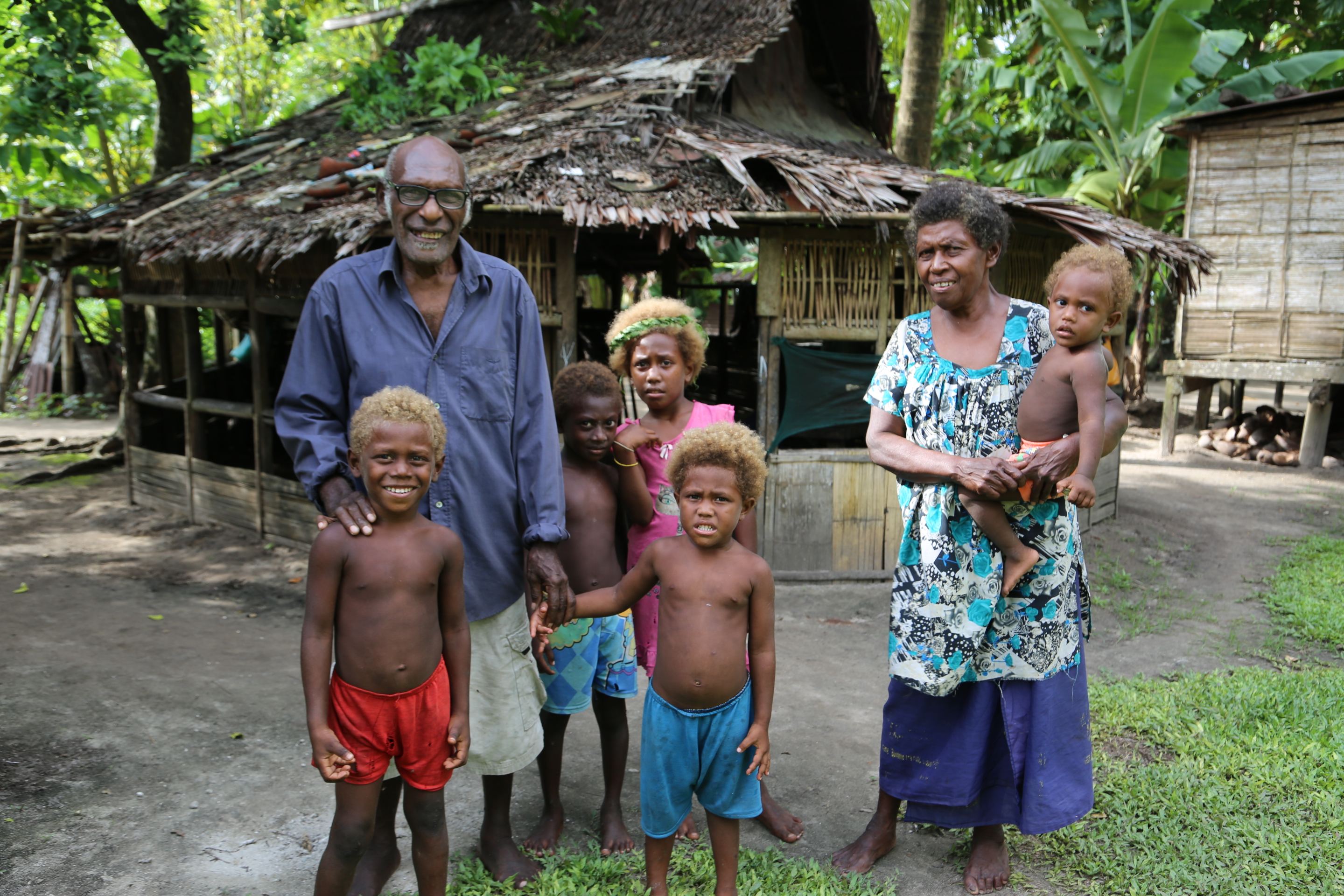
Universal Health Coverage is ensuring families like this couple and their grandchildren in Kavieng, New Ireland province, PNG, have access to quality health services where and when they need them, without financial hardship.
Primary health care is key to solving the health challenges facing Papua New Guinea, according to the World Health Organization (WHO).
On World Health Day 2019, WHO wants leaders to invest in primary health care as the smartest first step towards universal health coverage, also known as ‘health for all’.
Today, many people cannot access the health services they need. This could be because services are too far away, they don’t know when or where to seek care, or they fear stigma and discrimination.
“Too many people are still missing out on health services,” said Dr Luo Dapeng, WHO Representative to Papua New Guinea. Under the Sustainable Development Goals, governments have committed to achieving universal health coverage, which ensures all people have access to quality health services without financial hardship, by 2030.
Primary health care: the path to health for all
Primary health care is about caring for people and helping them improve their health, rather than treating a single disease or condition. It includes a range of health services, such as screening and treatment for common diseases, preventative care like vaccination and health information, and treatment for common, non-serious ailments like colds. It also covers rehabilitation and care at the end of life.
“We know that the fairest and most affordable path to universal health coverage is primary health care,” said Dr Luo Dapeng. “Primary health care means care closer to home, and intervening early to prevent many illnesses from becoming serious. Strong primary health care reduces demand on hospitals. It includes community-based solutions to tackle issues like mental health. A robust primary health care system also works with other sectors to create healthier environments and prevent injuries and illness.”
Strong primary health care systems needed to reduce high rate of maternal and newborn mortality in PNG
Maternal and newborn mortality in Papua New Guinea is the highest in the Region and one of the highest in the world. Many of these deaths could be prevented if women received preventative care in pregnancy and gave birth with a skilled birth attendant who had adequate supplies of equipment and medicines.
“Preventing mothers and infant deaths requires ongoing education and screening for everyone. Managing them requires access to regular care provided by a health worker who understands people’s needs and respects their preferences. We need strong primary health care so we can detect, screen and treat people at the community level, as well as provide information and advice to communities to prevent and manage these diseases,” said Dr Luo.
Communicable disease such as tuberculosis and HIV are also prevalent. With a strong primary health care system people can come to their local primary health clinic for routine anti-natal checks and screening that identify and manage health problems early, and avoid premature death.
The first line of defence against outbreaks and disasters
People and economies are also better protected from health security risks with a strong primary health care system. Diseases and disasters do not respect national boundaries. But they can often be controlled and the impact is minimized when there are strong systems for primary health care. Primary health care is the first line of defence against outbreaks and health emergencies.
Papua New Guinea is in the midst of a polio outbreak. “We are working closely with the government to vaccinate children against polio, while also enhancing coverage of routine immunization. Vaccines are proven to protect children from immunizable diseases and this outbreak shows us that we still have a lot of work to do. We must invest in primary health care to build a strong, productive, and equitable future for Papua New Guinea.”
Related links:
Universal health coverage in the WHO Western Pacific Region: www.who.int/westernpacific/health-topics/universal-health-coverage
Primary health care in the WHO Western Pacific Region: www.who.int/westernpacific/health-topics/primary-health-care
